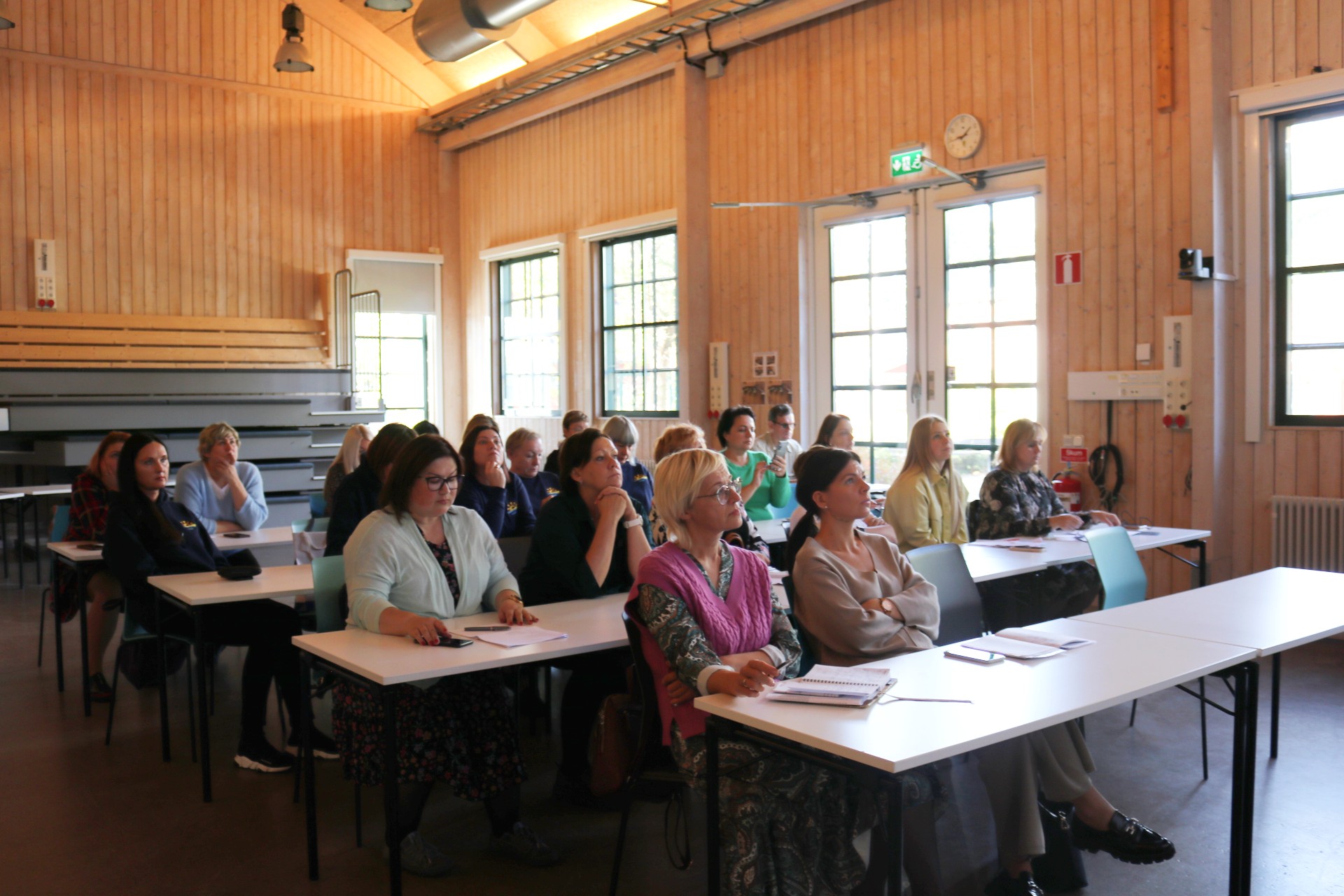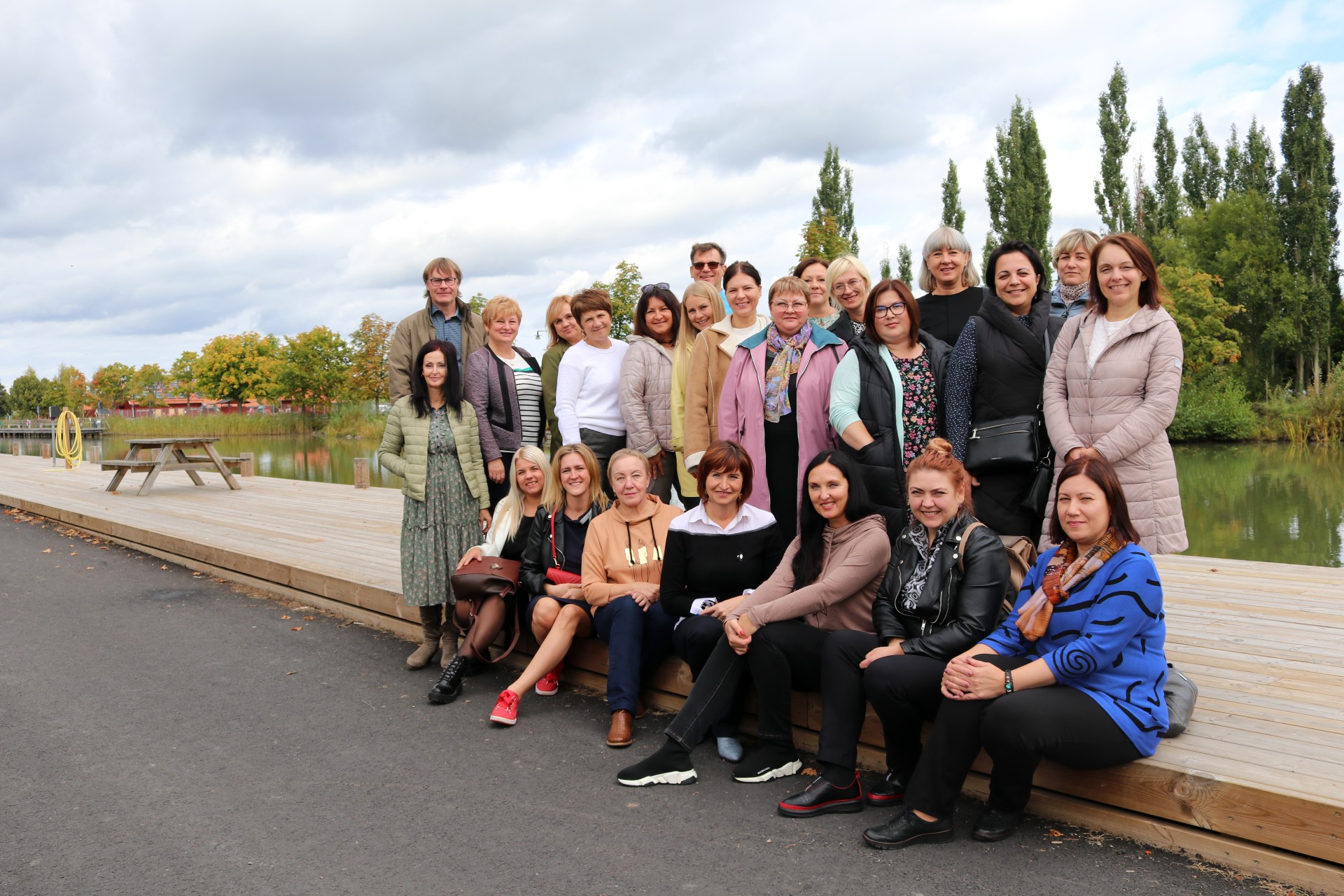-

Bringing neighbours closer
Welcome to the Interreg V-A Latvia–Lithuania Programme 2014–2020!
About the programme -

-

Specialists learn teaching methods in Sweden
04 October 2022

Partners and teachers of the LLI-506 “Safe School” project went to Swedish schools to learn about successful experiences in the fight against emotional and physical violence among young people, to get to know school curricula and other aspects related to children’s safety at school.
The destination of the trip was Toreboda, twinning city of Iecava, where the participants of the visit were received by representatives of the municipality. During two days, the participants visited five schools, whose principals and teachers shared their experience with methods of reducing peer violence, as well as listened to lectures on cooperation with institutions, social hierarchy of students, mutual violence and other topics.

One of the main goals of the exchange of experiences was to get to know and learn the methods by which Swedish school personnel achieve low peer violence. As it was found out, most schools work with ways that reduce the possibility of violence at the very root.
According to Elina Runkvist, one of the teachers of the smaller classes, children are not violent towards those they know and have played with. Therefore, she uses the method that once a week the teacher determines exactly where and with whom to play. Even in school group work, children do not have the opportunity to choose whom to work with – it is determined by the teacher.
It helps not only to reduce violence and aggression in schools, but also improves cooperation skills, which will be useful not only in studies, but also in professional work in the future.
During the visit, representatives of Latvian and Lithuanian schools got to know not only aspects related to peer violence, but also learned other methods and tools to use in their schools. “The main insight – at the center of the school is the student with his needs. Teachers and administration work as a team for this goal, there is no need to spend time on daily issues – they are dealt with by other institutions,” comments Inga Čipena, the deputy director of Iecava elementary school.
She points out that the lectures were also valuable, where it was possible to learn about teachers’ actions for the prevention of violence and mobbing, to get acquainted with the ways of cooperation of various institutions in solving various social problems. The lecture on the integration of students from other countries was also useful, enriching the knowledge of working with Ukrainian refugees. Inga Chipena admits that during the experience visit she gained many valuable ideas to share in her school.
Inga Klaucāne, a teacher of Jēkabpils 3rd secondary school has similar thoughts. “I liked that the meetings, lectures, conversations were of sufficient volume to be able to perceive everything, not to get tired, but to get food for thought, reflection and ideas for the future. In my lessons, I will try to implement this good practice, even with small details, so that the lessons are creative, informative, and the overall atmosphere is inviting and encouraging.”
Last updated: 03.11.2025 14:05
